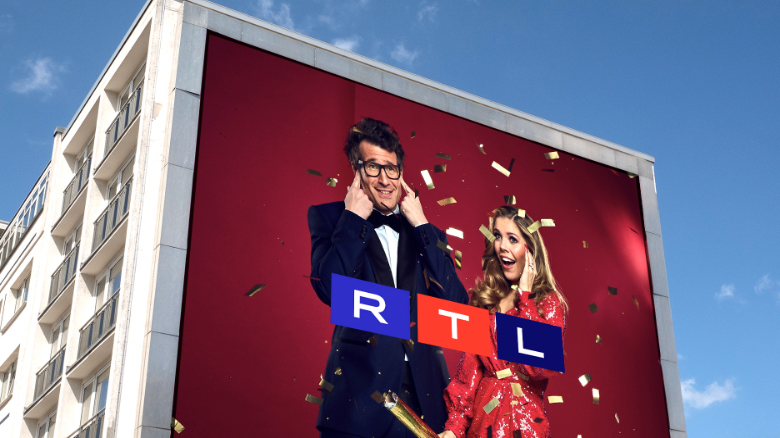DPG Media has secured approval from the Dutch competition watchdog to acquire RTL Nederland — but only after agreeing to sweeping and permanent conditions aimed at protecting media pluralism and editorial independence.
The Netherlands Authority for Consumers and Markets (ACM) said Friday that while the merger of two of the country’s media powerhouses can go ahead, it comes with an “extensive set of conditions” to ensure news consumers retain access to diverse, independent voices.
“DPG and RTL are major players in the Dutch media landscape. This deal cannot be allowed to weaken media pluralism,” said ACM Chairman Martijn Snoep. “With these safeguards, we’re protecting the role of a diverse news ecosystem in our democracy.”
Why It Matters
The decision clears the way for DPG — owner of newspapers de Volkskrant, Trouw, AD, Het Parool, and the digital news site NU.nl — to add RTL’s television channels and streaming service Videoland to its portfolio. But it also locks in strict rules to prevent the combined group from dominating the Dutch news market or blurring the lines between editorial teams.
Key Conditions
As part of the deal, DPG must set up two independent foundations with special veto rights over key editorial decisions at NU.nl and RTL Nieuws. These foundations will have the authority to block changes to editorial leadership, editorial missions, and any attempt to sell or shut down the news outlets.
DPG is required to keep both NU.nl and RTL Nieuws freely accessible online. No paywalls may be introduced as a result of the merger.
The two newsrooms must remain entirely separate. They are prohibited from sharing editorial content, video materials, or user data, in order to preserve their independent identities.
The Democracy & Media Foundation (SDM), which holds a stake in DPG and promotes journalistic diversity, will gain enhanced oversight powers. DPG cannot sell or discontinue any national news brand without SDM’s approval.
DPG must also revise and strengthen the editorial statutes across all its media outlets. This includes a binding mechanism to resolve disputes between editorial teams and management, especially over budgets.
In addition, a new DPG Media Charter will be introduced. This binding agreement requires all current and future shareholders — including foreign investors — to uphold editorial independence and protect media diversity. The charter can only be changed with approval from the independent foundations.
Finally, RTL Nederland will come under the supervision of the Dutch Media Authority, rather than remaining under Luxembourgish oversight.
Market Impact
ACM said the merger would not negatively affect journalists, advertisers, or other media outlets. Journalists still have alternatives, and DPG and RTL rarely compete for freelance reporters. On the ad side, DPG dominates print and display, while RTL leads in TV and online video — minimizing direct overlap.
While some smaller media firms raised concerns that DPG could become more attractive to advertisers, ACM concluded that there are still enough viable options in the market to avoid anti-competitive effects.
A Bigger Conversation
The deal has reignited debate around media consolidation in the Netherlands and the lack of a dedicated media merger law. Unlike other sectors, media takeovers aren’t currently screened for national security risks — a loophole ACM has flagged to the government, especially in light of foreign ownership concerns.
The Ministry of Education, Culture and Science is reportedly working on new legislation to address this gap, drawing inspiration from emerging EU-level rules.
The DPG–RTL merger reshapes the Dutch media landscape, but ACM’s strict conditions aim to keep editorial integrity intact and preserve a competitive, diverse news market. For now, the regulator is betting that strong oversight — not a hard stop — is the best way to handle Big Media.
